
We are all familiar with a little click or popping sound in the ear sometimes we swallow. The reason behind such sound is connected with air coming inside the middle ear through the Eustachian tube. The Eustachian tube must function properly and allow the air that is inside the middle air to equalize with the air in the outer ear canal.
Malfunctioning of the Eustachian Tube
In case the pressure inside the middle ear is not equal with the one in the outer ear canal, a person has a feeling of blocked ears.
Malfunction of the Eustachian tube may be explained by many condition. So, once the Eustachian tube fails to open when necessary, the pressure cannot get even on both sides of the tympanic membrane. The air inside the middle ear acts as a vacuum and sucks the tympanic membrane towards the middle ear, causes its stretching and all the sounds received from the surroundings are perceived as muffled and blocked.
In case the Eustachian tube remains blocked, the inner ear may additionally get filled with fluid, a condition known as serous otitis (aero-otitis).
Even though the Eustachian tube is frequently blocked in individuals suffering from the common cold, sinus infection and nasal allergies, the problem of unequal pressure inside the ears also affects people traveling or being at high altitude.
Air Travel and Hearing Problems
Air travel is associated with frequent changes in air pressure. This is the reason why the Eustachian tube must frequently open in order to allow pressures on the opposite sides of the tympanic membrane to equalize. Such equalization is especially necessary when the plane is landing.
Similar pressure changes and frequent opening of the Eustachian tube are reported when diving to the bottom of a swimming pool and sometimes while riding in elevators.
Because of such changes certain professionals face to on a daily basis, it is no wonder that deep sea divers as well as pilots are taught how to equalize pressure in their ears and avoid the unpleasant sensation of blocked ear.
Unblocking the Ears
The act of swallowing allows opening of the Eustachian tube. So, while performing activities like chewing gum one may frequently open the Eustachian tube. This is an excellent activity while traveling by air. The best effects are achieved right before taking-off or landing when problems with ears are actually most intensive. Yawning is another way to unblock the ears.
If none of the mentioned works for you, try to pinch the nostrils shut and take a mouthful of air. Then while the nose and the mouth remain closed, exhale. Since the air cannot leave the body through the nose or the mouth it is directed through the Eustachian tube into the middle ear.
Since babies cannot perform these maneuvers willingly and their Eustachian tubes are much smaller than in adults, they should not be allowed to sleep while taking-off and landing and the problem may be avoided.
Finally, a decongestant pill or nasal spray when used an hour before landing may prevent ear blockage. But these are never supposed to be used prior to consultation with a health care provider.


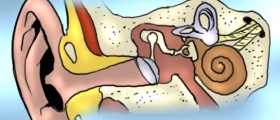
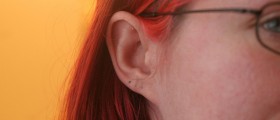
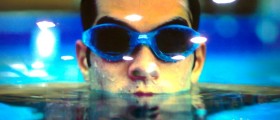
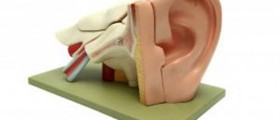




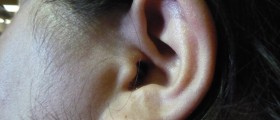
_f_280x120.jpg)
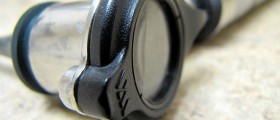
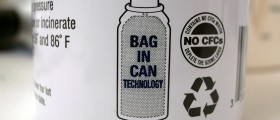


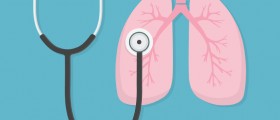
Your thoughts on this
Loading...